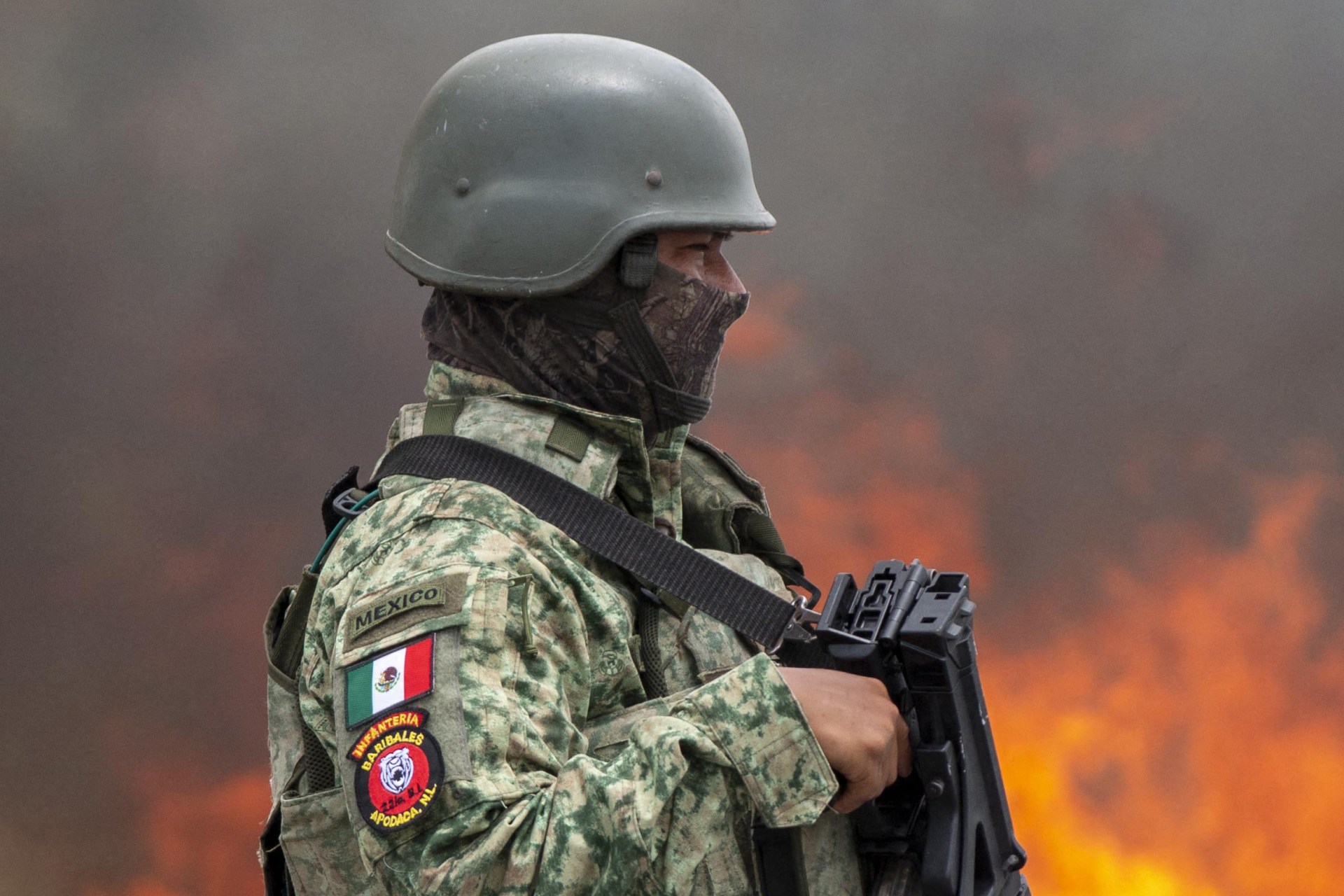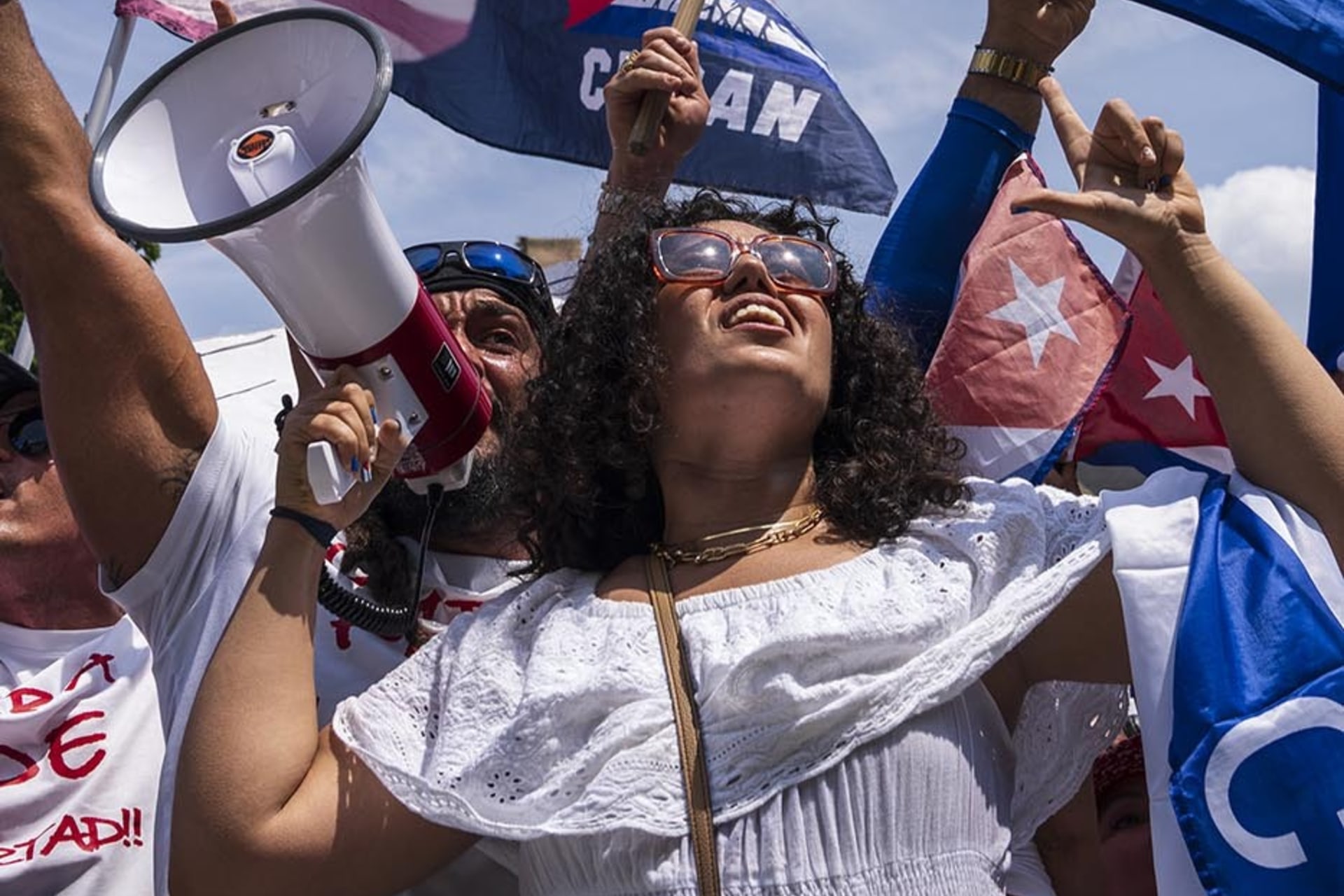Terrorism Havens: Indonesia
Published
Updated
This publication is now archived.
Is Indonesia a haven for terrorists?
Yes. Indonesia, the world’s most populous Muslim county, is a vast archipelago with porous maritime borders, a weak central government, separatist movements, corrupt officials, a floundering economy, and a loosely regulated financial system—all characteristics which make it fertile ground for terrorist groups. While Indonesia is known as a secular, tolerant society that practices a moderate form of Islam, radical Islamists have gained momentum. U.S. officials and terrorism experts worry about al-Qaeda using Indonesia as a base for a Southeast Asian front in its campaign against “infidels,” Jews, and the United States. Indonesia resisted international pressure to crack down on local militants suspected of al-Qaeda ties until a devastating October 2002 attack on a Bali nightclub—and the simultaneous bombing of a U.S. consular office on the island—which killed more than 200 people, most of them foreign tourists. To its credit, since October 2002 the Indonesian government has cooperated with U.S. and Australian officials in their attempts to disrupt terrorist networks in Southeast Asia.
What sort of country is Indonesia?
A sprawling chain of about 17,000 islands off the southeastern coast of Asia . Established as a constitutional republic in 1945, the former Dutch colony has faced economic and political crises in recent years as it inches toward a society based on the rule of law. Suharto, the corrupt dictator who controlled Indonesia for more than 30 years, resigned in 1998, and Indonesia ’s military came under pressure to reduce its prominent role in domestic politics. Separatist movements and interreligious violence are prevalent in much of the country, which has the world’s fourth-largest population.
Is there an al-Qaeda presence in Indonesia?
It seems increasingly likely, especially after the October 2002 Bali bombing. Experts say other terrorist attacks within Indonesia—including a December 2000 church-bombing campaign, the August 2001 bombing of a Jakarta shopping mall by a Malaysian national, the August 2003 bombing outside the Marriot Hotel in Jakarta, and the October 2005 suicide bombings in Bali—may also be connected with international terrorism. Since the September 11 attacks, U.S. and Asian officials have warned that bin Laden’s organization was maneuvering to establish itself in Indonesiaand perhaps reconstitute its infrastructure there.
In August 2002, the United States briefly shut down its embassy in Jakarta, the Indonesian capital, on warnings of an attack plot by militants with al-Qaeda ties. The United States temporarily withdrew all nonessential personnel from the country following the Bali attack.
Are Islamist groups in Indonesia linked to al-Qaeda?
Seemingly, but experts say it’s unclear how closely they cooperate. Chief among the Indonesian groups that trouble U.S.and Asian officials is Jemaah Islamiyah (JI), the group thought to be behind the 2002 Bali bombings, which seeks an Islamist state incorporating Indonesia, Malaysia, and the southern Philippines. The group’s leader, the radical Indonesian cleric Abu Bakar Bashir, was arrested shortly after the Bali bombings—he was found guilty in 2005 and sentenced to two-and-a-half years in prison. Jemaah Islamiyah has been linked to terrorist plots by an alleged al-Qaeda operative recently captured in Indonesia and turned over to the CIA. One of Bashir’s disciples, who goes by the name Hambali, has been linked with a bombing plot against Western embassies in nearby Singapore and with an individual who reportedly hosted two of the September 11 hijackers.
U.S. officials also worry about Laskar Jihad, a violent group aiming to eliminate Christians from the Moluccas and Sulawesi Island and establish an Islamist state. After the October 2002 Balibombing, Laskar Jihad announced it had disbanded. Its leader, Jaffar Umar Thalib, says he met Osama bin Laden while fighting in the Islamist brigades opposed to the 1979-89 Soviet occupation of Afghanistan but says he’s rejected al-Qaeda’s offers of funding. Some experts say that Laskar Jihad’s contacts with al-Qaeda are more extensive than Thalib admits, but no hard evidence has been found linking the two groups.
Does Indonesia say it has an al-Qaeda presence?
Yes, although it insisted for years that it didn’t. The October 2002 Bali bombing prompted Indonesia’s defense minister to say he was “sure that al-Qaeda is here.” But Indonesia initially rebuffed U.S. requests to investigate a September 2002 grenade explosion near a building belonging to the U.S. embassy in Jakarta, saying that the blast resulted from a local business dispute. Earlier, Indonesia’s chief of military intelligence said foreign terrorists were training in a camp on Sulawesi Island, but he withdrew his report after criticism from domestic Islamic groups.
How has the Indonesian government handled its terrorist threat since the 2002 Bali bombings?
While several incidents—including the bombing of the Australian embassy in Jakarta in 2004—have hinderedIndonesia’s success in combating the country’s terrorist threat, the U.S. says Indonesia is continuing its counterterrorism efforts. According to the State Department’s 2004 Country Reports on Terrorism, Indonesian officials arrested dozens of terrorist suspects including JI leaders, former instructors at JI training camps, financiers of attacks, and members of splinter terrorist networks. Since the bombings, prosecutors and courts have convicted more than 100 members of JI or affiliated groups on terrorism charges.t





